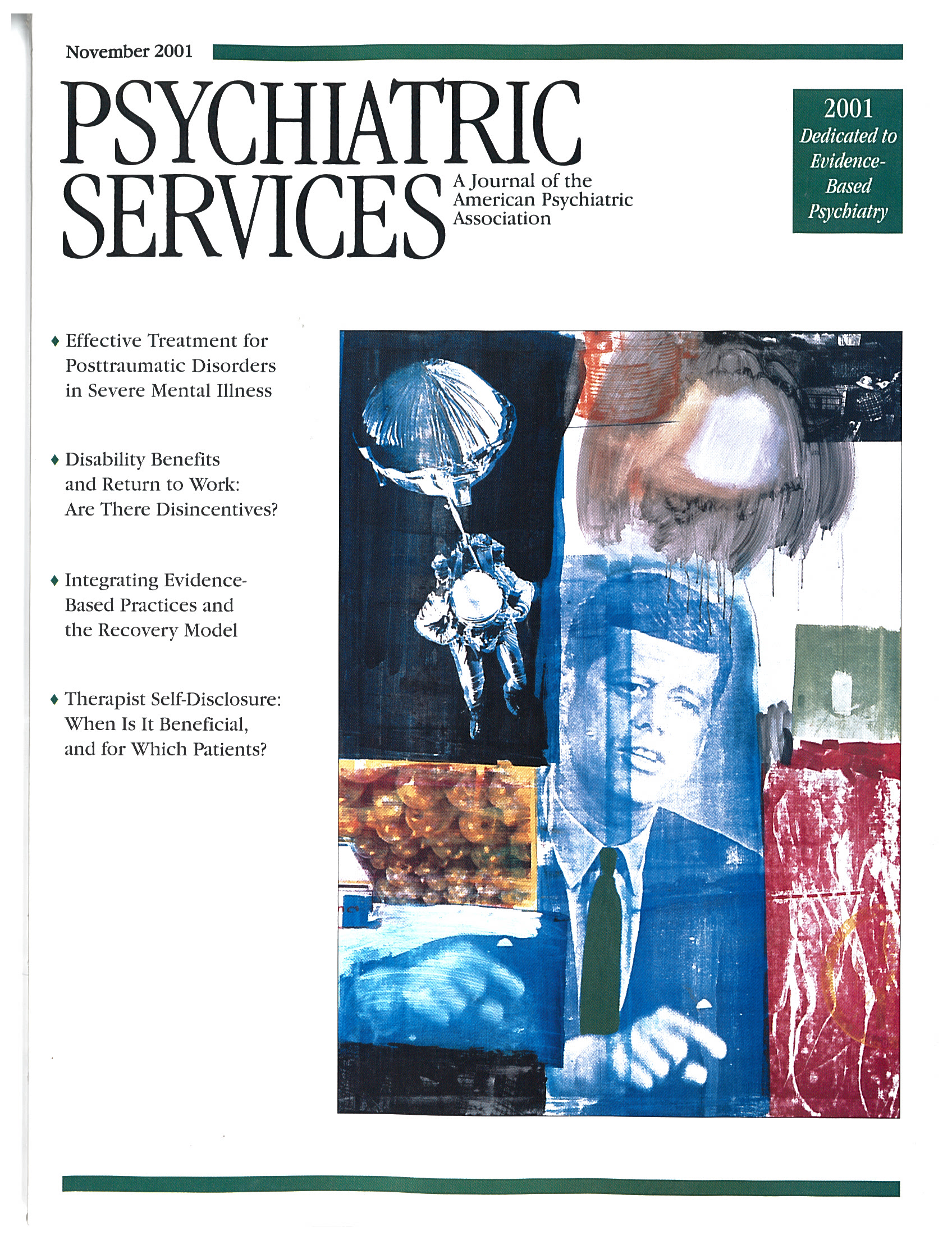Natural disasters inflict great destruction on human life and communities. As terrible as they are, natural disasters are not the handiwork of man; violent attacks are, and for that reason their traumatic effects can be more complex. The terrorist attacks on September 11, 2001, left a nation in sorrow, anxiety, and anger.
Many ask how best to cope with this national tragedy. The American Psychiatric Association offers the following information and suggestions.
• Most people survive disasters without developing significant emotional problems.
• The more terrifying and devastating the trauma, the greater the risk of developing problems. For those immediately affected, a disaster can produce a wide range of emotional problems. These can include depression, anxiety, lingering fears, difficulty focusing or functioning at work or at school, family conflict, and alcohol or drug abuse.
• The effects of trauma are not limited to persons directly affected. "Secondary traumatization" can affect anyone, but especially at risk are rescue workers, witnesses to the events, and health care professionals involved in caring for the victims. People who have a history of mental or substance use disorders, especially those who have previously been traumatized, are also at risk, because of their vulnerability to the stress and disequilibrium that disaster evokes.
• Acute stress disorder is the most common psychiatric problem following a traumatic event. It occurs within the first month after a disaster and can last from two days to four weeks. Posttraumatic stress disorder (PTSD) is very much like acute stress disorder, but it develops weeks to months after the disaster. People suffering from acute stress disorder or PTSD often have persistent nightmares or flashbacks of the trauma. They may feel numb and have difficulty responding normally to everyday life events. They may be on edge, have difficulty sleeping, show outbursts of anger or tearfulness, or be highly watchful or overreact to sounds or events. Some abuse alcohol or drugs to blunt overwhelming feelings or to help them sleep. Acute stress disorder and PTSD are treatable conditions, especially when intervention is early. Seek professional mental health care if you are experiencing these problems, and help others get treatment if you see them suffering.
In the wake of this (or any other) disaster:
• Recognize that your feelings are real and deserve expression. Don't "go it alone." Talk with others about how you feel. What you are experiencing is a natural response that is best brought into the light of day.
• Return quickly to your routines; even people who have been directly affected need to return to the rhythms of everyday life as soon as they can. Avoiding people, work, school, and social settings allows the trauma to take root.
• Participate in activities and ceremonies that pay tribute to those whose lives were lost and other activities that bring people and communities together.
• Contribute to the rebuilding in any way that fits with who you are. Donate time or money. Call or write sympathy and support notes to those immediately affected. Give blood. Volunteer.
• Draw strength from your family, friends, and spiritual or religious beliefs and traditions.
For our children:
• Encourage children to express their feelings. Ask them whether they have questions, and do your best to answer them in words or stories they can understand. Be willing to answer questions many times, because once may not be enough. Help them understand that although the events of September 11 are the work of evil, most of what we know is good.
• Let your children know that the police and the military are doing everything they can to prevent this type of disaster from happening again. Let them know that doctors and nurses and relief agencies are helping those who have been hurt.
• Tell your children that we are a strong country and that this event will bring people together to rebuild.
• Limit the amount of television your children watch. Repeated exposure to the terrorist acts can foster fear and helplessness. When you watch TV with your children, use the occasion to help them understand and to reassure them.
• Help children return quickly to their routines.
• Show affection to your children and among all members of the family. Children respond to touch and comfort, as do adults.
• If a child shows persistent fears or is unable to sleep or return to routines, talk to your pediatrician or to a mental health professional. Children, like adults, can benefit from early identification and intervention.

